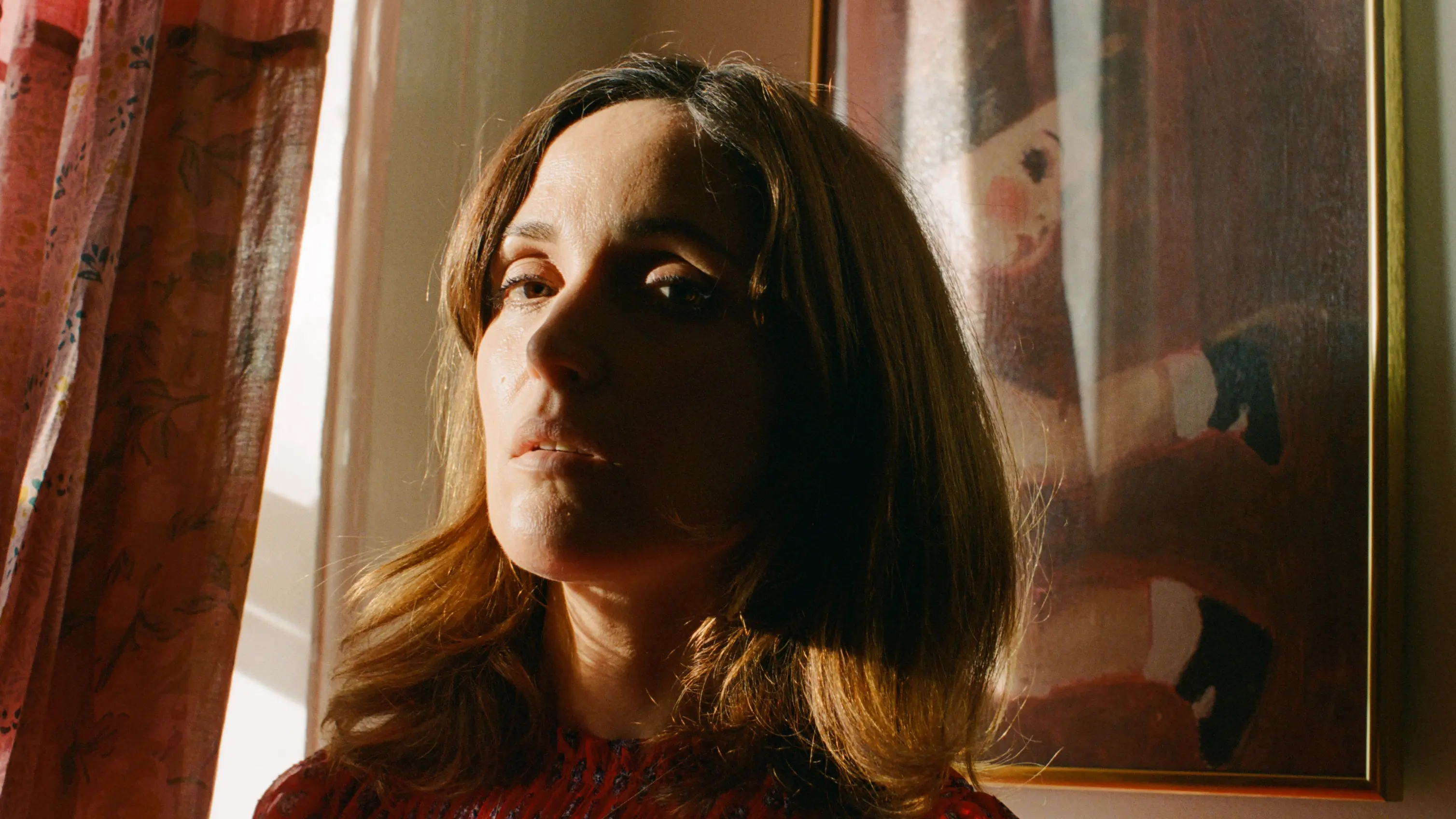If I Had Legs I'd Kick You ending explained: Why did Linda try to drown herself?
-

In Mary Bronstein’s intense A24 drama If I Had Legs I'd Kick You, the pressure on single mom Linda builds from the very first frame. The film tracks her desperate attempts to care for her medically fragile daughter while keeping her therapy practice afloat and staying one step ahead of a crumbling apartment ceiling. Shot in Montauk on 35mm, the movie wraps viewers inside Linda’s spiraling headspace, where stress, guilt, and reality all begin to blur.
Rose Byrne delivers a raw, unfiltered performance as a mother pushed past her emotional limits, and Bronstein crafts an atmosphere that feels both grounded and nightmarishly surreal. By the time the story reaches its final moments, when Linda runs straight into the ocean, the film showcases a woman hitting her breaking point. The article further breaks down the symbolic meaning of Linda’s act of drowning herself, including quotes from Byrne and Bernstein’s interview with IndieWire, and also a recap of the film.
Understanding Linda’s breakdown and what the final scene really means
The last stretch of If I Had Legs I'd Kick You is Linda’s breaking point made visible. She isn’t planning anything; she’s unraveling after months of mounting pressure. Her daughter’s medical crisis, the motel isolation, the constant fear of failing, and especially the moment James steps in to help her child, push her into a dissociative free-fall.
Director Mary Bronstein explained this contradiction in Linda’s behavior in an IndieWire interview:
“The contradiction of her whole character is: I need help, I need help, I need help, but please don’t help me.”
That line sums up Linda’s entire arc. She’s drowning long before she ever reaches the ocean. And every time someone tries to help, she feels more exposed—more like the mother she’s terrified she’s becoming.
James comforting her daughter is the emotional tipping point. Even though he is kind, Linda sees it as proof that she has already failed, that someone else can soothe her child better than she can. Also, the fact that she was not present while the whole incident with the tube happened with her daughter, breaks her even further. Combined with the feeding issues, the mounting medical costs, and her deteriorating work life, the shame is overwhelming.
Her sprint into the ocean is not framed as a calm, deliberate act. It’s impulsive. It’s messy. It’s the final stage of a woman who has completely snapped. Rose Byrne put it bluntly:
“She’s so disassociated from the experience that’s happening to her… I don’t think Linda can see her daughter until the very end.”
That disassociation is the key. Linda is not trying to die, she’s trying to escape everything she can’t emotionally process anymore. The ocean represents nothingness, a momentary release from responsibility and from herself. And then comes the shift.
Just as she’s slipping under, Linda hears her daughter’s voice. The film doesn’t spell out whether it’s real or imagined. What matters is that it’s the one thing powerful enough to cut through the fog. It snaps her back into the world, into her body, into motherhood. The voice acts as the anchor to her identity — the one part of her that hasn't been swallowed by panic. Bronstein described the entire theme of Linda’s journey like this:
“Every human has their limits for how much they can take… people break, and they snap, and they can’t take it anymore.”
Linda breaks. Then she chooses to come back. The final shot of Linda collapsing on the sand and gasping, is not a victorious ending. It’s not a cure. It’s simply a mother deciding, despite the exhaustion, to keep trying.
A Recap of If I Had Legs I’d Kick You
If I Had Legs I'd Kick You follows Linda through a relentless stretch of days where everything that can fail does. Her young daughter has a feeding disorder that requires constant medical attention. Linda juggles appointments, equipment, and emergency tube issues while trying to maintain her job as a therapist. Her sessions deteriorate fast, she’s distracted, anxious, and increasingly unstable. One patient abandons a newborn, setting off an emotional avalanche that mirrors Linda’s own fears of inadequacy.
Home isn’t safe, either. A burst pipe destroys her ceiling, leaving her and her daughter stranded in a motel where the walls feel like they’re closing in. Her husband is emotionally unavailable, offering more distance than support. Her own therapist is more clinical than comforting, adding to the sense that Linda has nowhere to land.
As her stress peaks, Linda begins using substances for escape and leaving her daughter alone for long stretches, choices she knows are dangerous but feels powerless to stop. Each mistake adds to her guilt. Each moment of panic chips away at her control.
The moment James steps in to help her daughter marks the emotional collapse. When James decides to be honest in front of her husband, rather than playing along with her lie that he was the babysitter, Linda sees the judgment as a confirmation that she is failing, as the final sign she’s losing her grip on motherhood. Everything tightens around her until she explodes outward, straight into the ocean.
The ending of If I Had Legs I'd Kick You doesn’t offer neat answers, only the truth of a mother who breaks, then chooses not to disappear.
TOPICS: If I Had Legs I'd Kick You